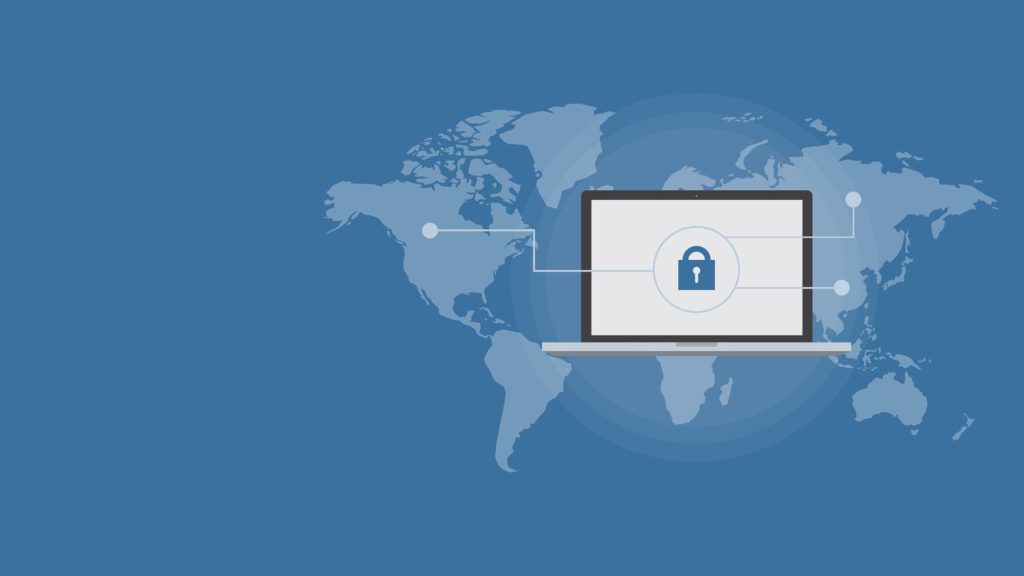Information Security or InfoSec. Does this term ring a bell? If not, at least you know the word hacking and what it can do to your personal and business data. Information security is all about ensuring the security, integrity and confidentiality of your data. You can be an individual or an enterprise, any digital data that you own must be secured. Information Security deals with the nitty-gritty of securing such data from falling prey to devious cybercrime professionals.
A Quick Brief About Information Security (InfoSec)
The National Institute of Standards and Technology (NIST), defines information security as “The protection of information and information systems from unauthorized access, use, disclosure, disruption, modification or destruction.”
Your information could be the files you store on a cloud server, your email conversations, the files you save offline, or even online transactions that you carry out over the Internet. Thanks to the widespread use of smartphone’s, tablets and personal computers, data is now created in Petabytes and Zettabytes. Protecting such humongous volume of data is not an easy task. And, not all of us can be considered to be cautious when it comes to securing our personal data.
Most users make compromises that make their data easily hackable. Also, hackers are becoming adept at social engineering techniques which makes it possible for them to reverse engineer login credentials and passwords from social media activity. In other words, it is a dangerous world out there.
Download Branding Resources Guide
Building a brand starts by having the right tools and advice. Download our top 10 essential tools and resources to kick-start your branding.

The Business Benefits of InfoSec Implementation
While it might sound a bit sophisticated and over-the-head for an average user InfoSec is a highly beneficial investment that can bring several economic benefits to your business. Some such benefits are outlined below.
Universal Data Protection
InfoSec helps establish a data protection system for all forms of information. As a running business, your information could exist in diverse forms, ranging from paper records like invoices, vendor agreements, intellectual property documents and so on. The same information may also be digitized and stored on cloud servers from where they can be accessed or accessed from time to time.
The moment they are made into data and stored online, they become exposed to cyber threats. InfoSec helps create a perimeter defence system. It encompasses all the data including those stored on your hard copies.
Enhanced Cyber Attack Resilience
Cybercrime damage costs to hit $6 trillion annually by 2021, reports the 2017 Cybercrime Report by Cybersecurity ventures. In fact, 2017 itself was an eventful year in terms of cybersecurity considering the many outbreaks of ransomware, organized botnet attacks, IoT network breaches and much more.

Digital-age enterprises need to sharpen their cybersecurity resilience by building their cybersecurity defences. InfoSec provides just the concrete foundation and the infrastructure upon which a resilient IT infrastructure can be built. It identifies areas where businesses might want to integrate additional layers of security so that their organizational data remains intact.
A Central Data Management Framework
The challenge in setting up and running a security infrastructure is that data remains siloed across several business functions, systems, data warehouses and so on. Most often business owners have to invest in diverse security systems that are compatible with the diverse forms of data.
InfoSec helps overcome that challenge by creating a centralized data management framework where all systems can be converged and monitored from a single source. It saves time and ensures a uniform way of establishing data security. Further, it also eliminates the inconsistency in data protection measures when several frameworks are used.
A Security-Centric Organizational Culture
InfoSec requires organization-wide participation. It is not possible to draw the maximum benefit out of Information security management unless all stakeholders comprising of employees, users customers and vendors adhere to its protocols.
As a result, InfoSec breeds an organization-wide security-centric culture that ensures data security and confidentiality. In the long-run, it converts into better IT resilience against technology-induced threats and also better response systems in case something is to go wrong.
Improved Customer Confidence
A business that takes data security seriously is one that takes customers seriously. Take for instance Apple. The iPhone maker has always taken a strong stance when it comes to securing its user data from unauthorized access by apps and network carriers. That makes Apple the first choice for most users who put their data security and privacy above everything else.
The same goes for websites as well. Websites that install SSL certificate; and show the green HTTPS bar enjoy a higher level of trust from their visitors than their less secured counterparts. In other words, Information Security helps in boosting customer confidence about a brand. Reputed Certificate Authority like RapidSSL, offers a digital certificate that secures end to end communication point (browser to the server) through 256-bit encryption technology. Encryption secure customer data and build a strong business trust relationship, that indirectly improves sales. For more information about the features of RapidSSL – www.cheapsslshop.com/rapidssl is the best place to learn about the benefits of HTTPS and installation support. Information Security proves to the outside world that the business takes data confidentiality, integrity, and privacy as a serious matter and hence is professional in its dealings with customers.
Summing It Up
Information Security in 2018 is no longer an option. It has become a necessity that will keep cybersecurity threats at bay. As the volume of cybersecurity crimes keep skyrocketing with every passing day, business needs to take measures to protect and make their data immune to unauthorized access.
Information security provides just the right framework for that. It brings with a plethora of benefits like a centralized security management system, improved cybersecurity resilience, enhanced customer confidence and universal data protection. The benefit from an Information Security system may not accrue immediately. But, it gets better with time.


